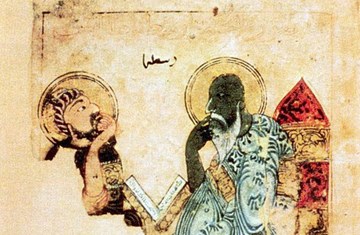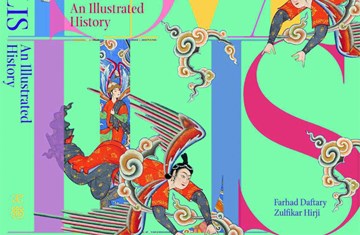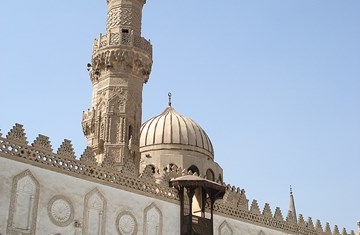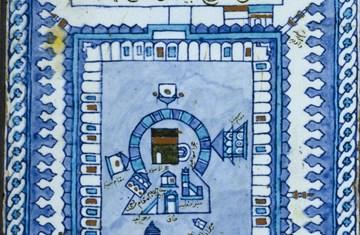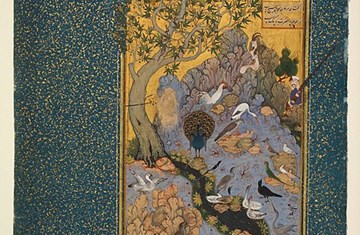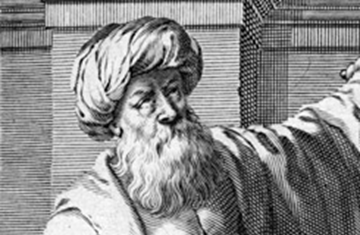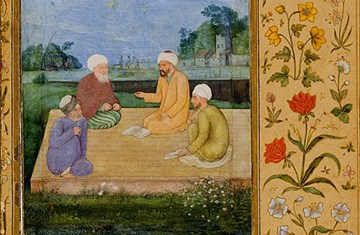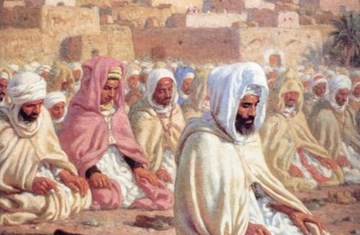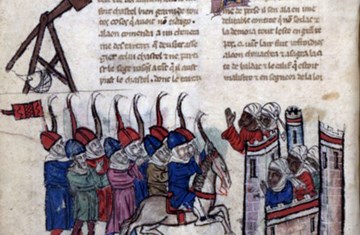Ismaili Historiography
Ismaili historiography has been closely related to the very nature of the Ismaili mission, or da‘wa, and the changing fortunes of the Ismailis during the various phases of their history. The Ismailis were usually persecuted by their numerous detractors, necessitating the observance of taqiyya by them.
The Ismaili da‘is, who were at the same time the scholars and authors of their community, often operated in hostile territories and were obliged to observe utter secrecy in their activities.
These da‘i-authors were, moreover, normally trained as theologians and, as such, they were not interested in compiling annalistic or other types of historical accounts. The general lack of Ismaili interest in historiography is well attested by the fact that only a few works of historical nature have been found in the rich corpus of Ismaili literature recovered in modern times, which comprises mainly of theological works, with a substantial number of treatises related to the so-called esoteric, or haqa’iq, subjects, as well as numerous titles utilising the methodology of esoteric interpretation (ta’wil), the hallmark of Ismaili thought (see Majdu‘; Ivanow, pp. 17-173; Poonawala, pp. 31-297).
It should be added, however, that the religious works of the Ismailis, written in Arabic, Persian and Indic languages, do occasionally shed light on aspects of Ismaili history, while at the same time they serve themselves as sources for understanding the nature and development of the intellectual and literary traditions of the Ismailis.
Author

Dr Farhad Daftary
Co-Director and Head of the Department of Academic Research and Publications
An authority in Shi'i studies, with special reference to its Ismaili tradition, Dr. Daftary has published and lectured widely in these fields of Islamic studies. In 2011 a Festschrift entitled Fortresses of the Intellect was produced to honour Dr. Daftary by a number of his colleagues and peers.

